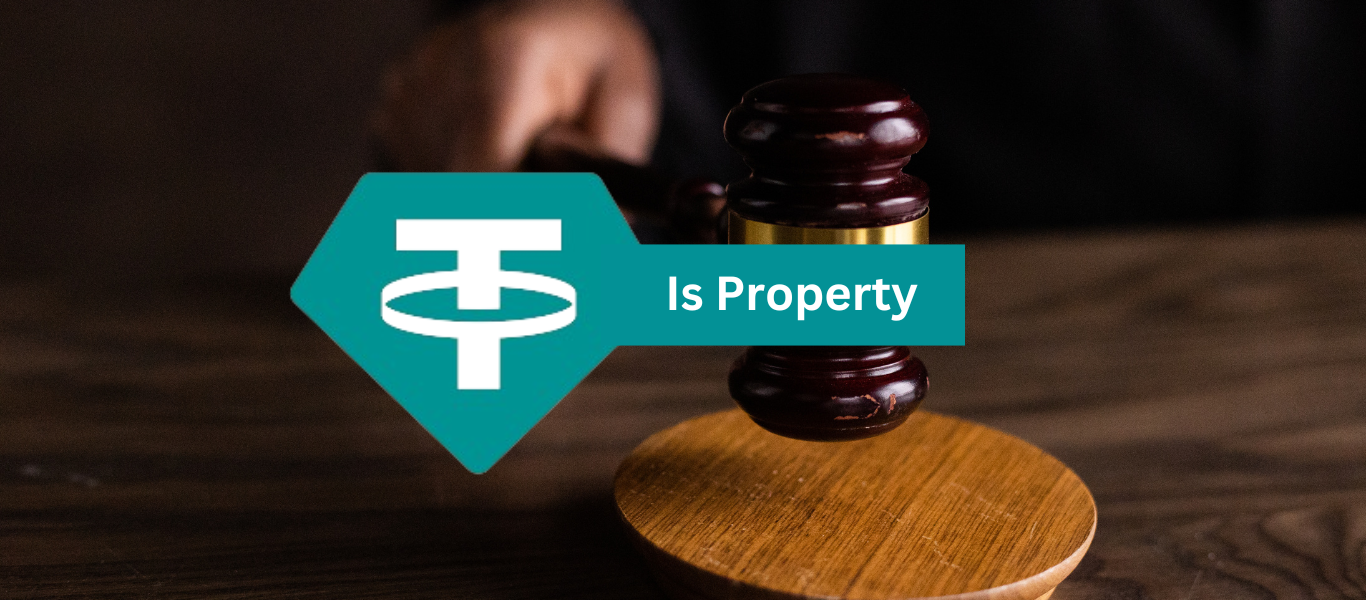In a landmark decision, the United Kingdom High Court has established Tether as property under English law. This decision, following a comprehensive trial, is president-setting event, marking the first time the legal status of a cryptocurrency has been clarified in this way in the UK.
Ruling on Tether’s Status
The case involved a victim of fraud whose stolen cryptocurrency, including Tether, was sold through several exchanges after being processed by crypto mixers. High Court of Justice Deputy Judge Richard Farnhill, in his September 12 ruling, stated that Tether is subject to property rights under English law.
Judge Farnhill explained that USDT is considered a unique form of property, one that is not based on any underlying legal right. However, he emphasized that Tether could still be the subject of tracing and could be treated as trust property, just like other types of property.
Building on Previous Judgments
The decision aligns with a 2019 judgment by the same court, which also recognized cryptocurrencies as property. While that ruling did not occur at trial, this latest decision strengthens the idea that digital assets, including cryptocurrencies, can be treated as personal property.
The ruling also follows the UK government’s recent moves to clarify that non-fungible tokens (NFTs), cryptocurrencies, and even carbon credits are “things” under property laws. This development is consistent with the findings of the England and Wales Law Commission’s 2023 report, which also classified digital assets as property.
The Case Against Bitkub
In this case, the victim, Fabrizio D’Aloia, had sued the Thai cryptocurrency exchange Bitkub. He claimed that the exchange had received 400,000 USDT, part of which was linked to the fraudsters who stole from him. However, the court ruled that D’Aloia could not prove that any of his USDT ended up in Bitkub’s wallets due to the involvement of crypto mixers.
The judge noted that while Tether (USDT) could theoretically be traced in mixed pools, D’Aloia did not provide enough evidence to show, on the balance of probabilities, that any of his stolen assets were in the Bitkub wallet.
Lessons for the Future
Matt Green, head of blockchain and digital assets at Lawrence Stephens, remarked that this case serves as a crucial reminder for legal teams and forensic experts. According to Green, understanding the patterns of how digital assets are handled and ensuring evidence is clearly laid out are essential to success in similar future cases.
While D’Aloia’s case against Bitkub failed, the court recognized that he had indeed been the victim of fraud. However, the lack of a “legal link” between D’Aloia and Bitkub weakened his claim.
The court is expected to decide on summary judgment against other parties involved in the case, including Binance and several other cryptocurrency platforms, at a later date.
Also Read: Grayscale Launches New XRP Trust to Boost Investor Exposure





